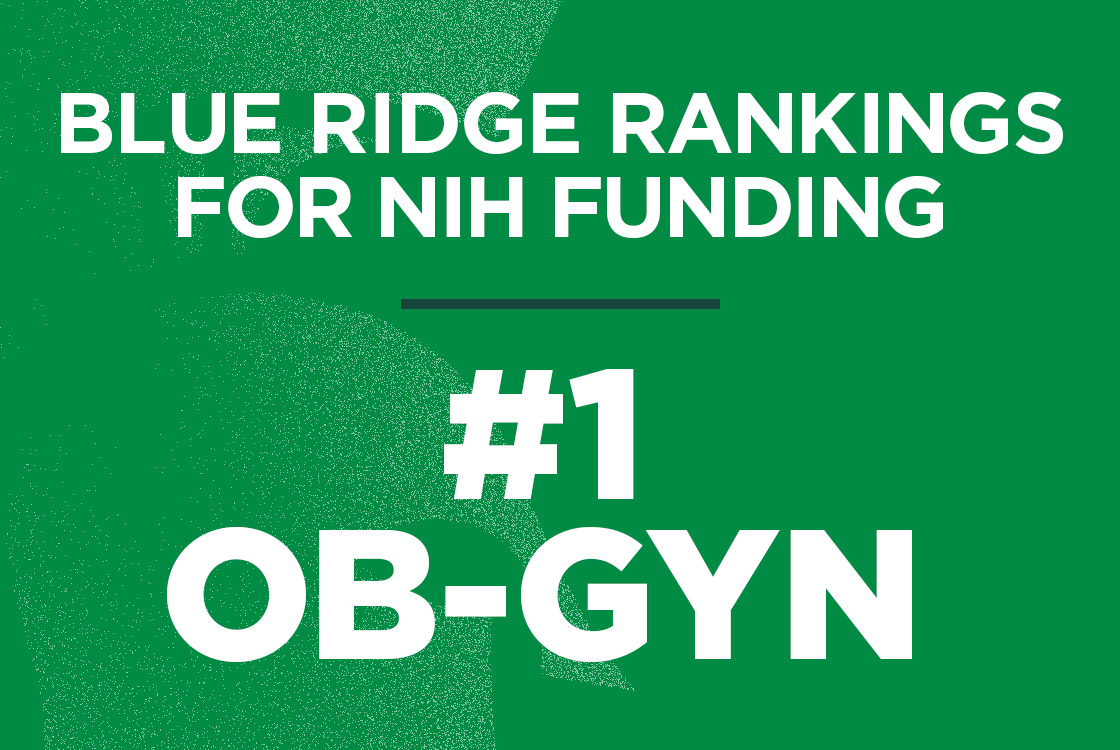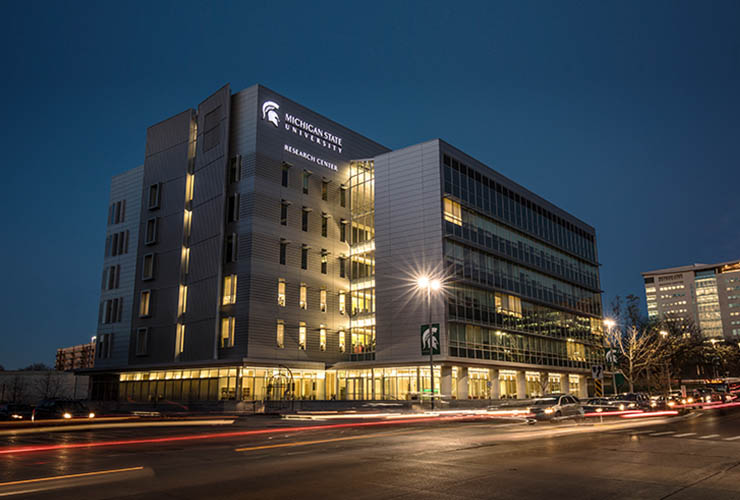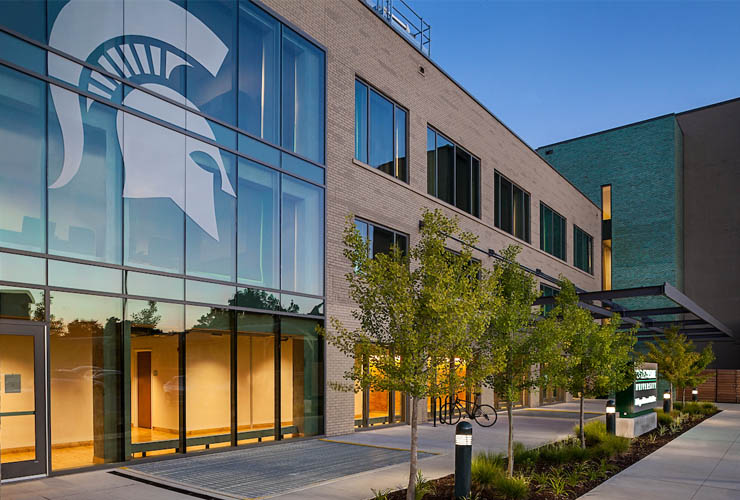Leaders in Research
As a medical school, research is an important and integral component that informs and transforms our teaching and clinical environment. Knowledge is not just used and disseminated — knowledge is produced by discovery. Research keeps us on the leading edge of medicine and active as participants in advancing the prevention, control, and treatment of diseases.
Rankings
The latest Blue Ridge Institute for Medical Research rankings for NIH funding

In 2023, the College of Human Medicine ranked #1 in Obstetrics, Gynecology and Reproductive Biology and #12 in Public Health.
Several faculty are highly ranked:
-
- Christine Johnson, PhD, MPH, Henry Ford Health public health sciences chair and professor of research in the college, was ranked the highest of any OB-GYN faculty member in the country, with nearly $7 million in NIH funding.
- Jennifer Johnson, PhD, C.S. Mott Endowed Professor of Public Health, had the sixth highest funding in the country for public health.
- Jean Kerver, PhD, associate professor in the Department of Epidemiology and Biostatistics, was number 16 on the public health list.
- Cris Meghea, PhD, associate professor, was the twelfth highest funded OB-GYN researcher in the country.
Read more about the Blue Ridge rankings.
Increased Funding

Areas of Research
As a community-based medical school, one goal of the College of Human Medicine is to conduct collaborative, multidisciplinary and multi-community research that takes advantage of our unique distributed campus system. Our focus is on both clinical research that can be practically applied, as well as the critical research in the basic science departments affiliated with the college on mechanisms underlying human diseases and their integration. These basic science departments include Epidemiology, Biochemistry and Molecular Biology, Microbiology, Cell and Molecular Biology, Neuroscience, Genetics, Pharmacology, and Physiology.

Biomedical and Computational Research
The MSU Grand Rapids Innovation Park is a high energy, collaborative and outcomes-based health ecosystem aimed at advancing human health. Among the three Innovation Park buildings is the College of Human Medicine's state-of-the-art Grand Rapids Research Center (GRRC) that houses 33 principal investigators and their research teams. Areas of biomedical research include Parkinson's and Alzheimer's diseases, pediatric neurology, autism, inflammation, transplantation, cancer, genetics, women's health and reproductive medicine. Computational research in the Doug Meijer Medical Innovation Building includes the use of artificial intelligence for drug repurposing.

Public Health Research
The Charles Stewart Mott Department of Public Health is based at the college's Flint campus and research focuses on population health. MSU's community participatory research allows faculty and researchers to understand the needs of the community to address Flint's most pressing public health issues. Currently, 20 researchers are working to address the social determinants of health alongside the community. Since 2015, public health researchers have been awarded an estimated $115.4 million in externally sponsored grants for community research.

